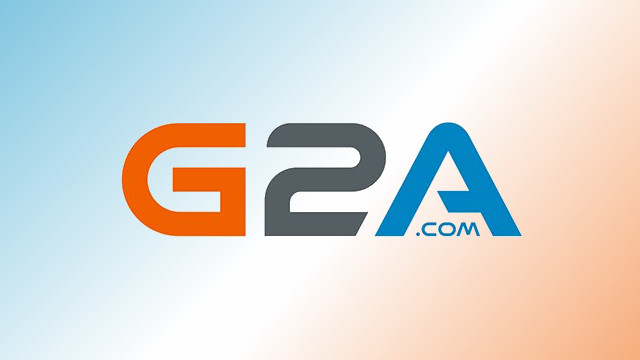Update: G2A has responded to our email and confirmed that these messages were indeed sent to websites by a G2A employee. However, G2A also states that these emails were sent “without authorization.” The employee who sent the emails out to 10 different websites will “face strict consequences.”
A G2A sponsored post is reportedly being sent around to gaming websites.…











